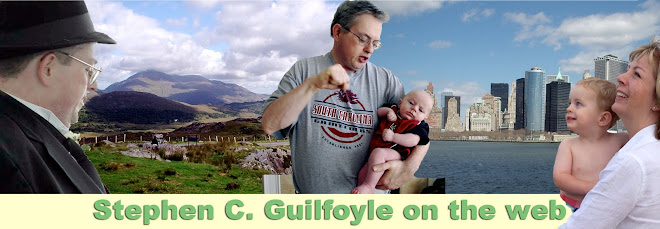In promulgating your esoteric cogitations or articulating your superficial sentimentalities and amicable, philosophical or psychological observations, beware of platitudinous ponderosity. Let your conversational communications demonstrate a clarified conciseness, a compact comprehensibleness, no coalescent conglomerations of
flatulent garrulity, jejune bafflement and asinine affectations. Let your extemporaneous verbal evaporations and expatriations have lucidity, intelligibility and veracious vivacity without rodomontade or Thespian bombast. Sedulously avoid all polysyllabic profundity, pompous propensity, psittaceous vacuity, ventriloquial verbosity and vaniloquent vapidity. Shun double-entendres, obnoxious jocosity and pestiferous profanity, observable or apparent.
In other words:
Say what you mean and DON'T USE BIG WORDS!
This is the first-ever rule of editing I got, from my father, years ago, before I knew I would be a writer.
It actually comes from the pages of his little black book. In the days before smart phones and such, heck, before transistor radios, men had little black books. Most used them to keep phone numbers for the gals they knew.
Not my dad.
He had jokes, lots of them. An occasional photo of an Air Force bud. Things like that.
And the above rule of editing.
Throughout my career, it has been a problem with most of the writers with whom I have worked.

No comments:
Post a Comment